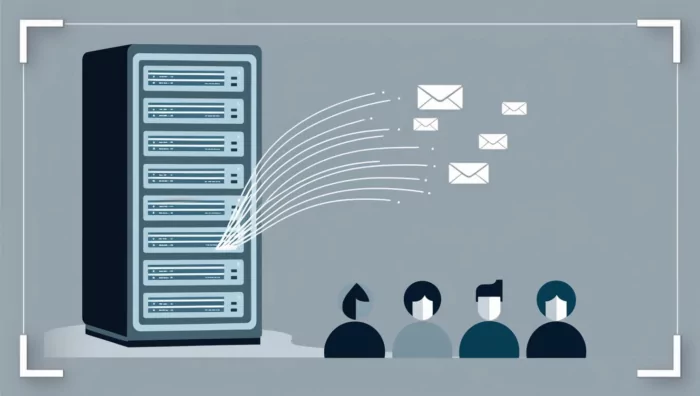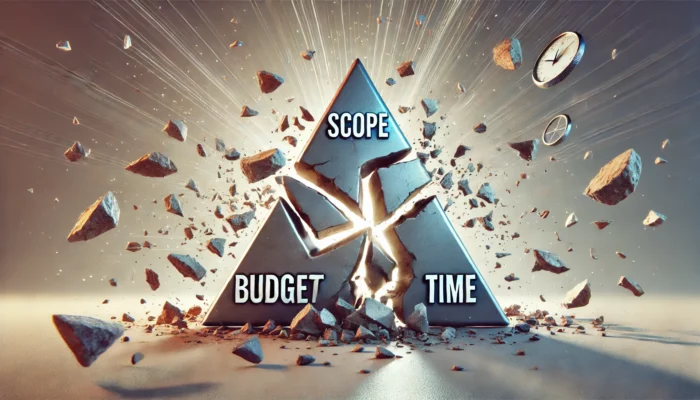Transforming forecasting and risk management: A practical guide to xP&A implementation
In today’s rapidly evolving business landscape, organizations face an increasingly complex challenge: how to maintain accurate forecasting and effective risk management while navigating unprecedented levels of uncertainty. As US Economist Michael Hammer wisely noted, “The secret of success is not to predict the future but to create an organization which can prosper in an unpredictable […]



![Communicate budget variance: The path to strategic action [best practices from FP&A professionals]](https://beebole.com/blog/wp-content/uploads/2025/02/communicating-budget-variance-reports-700x400.webp)

